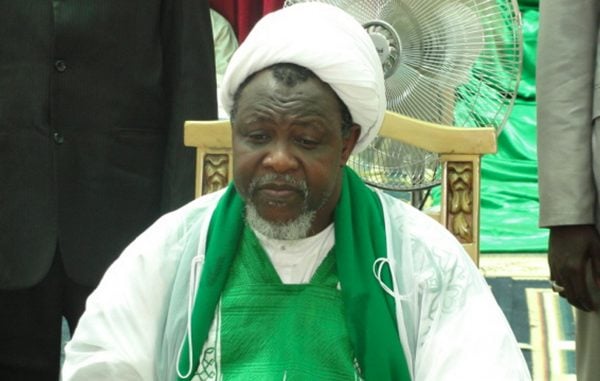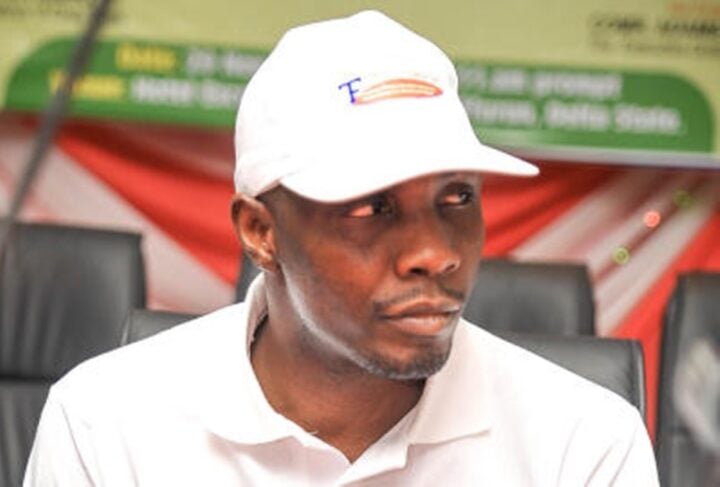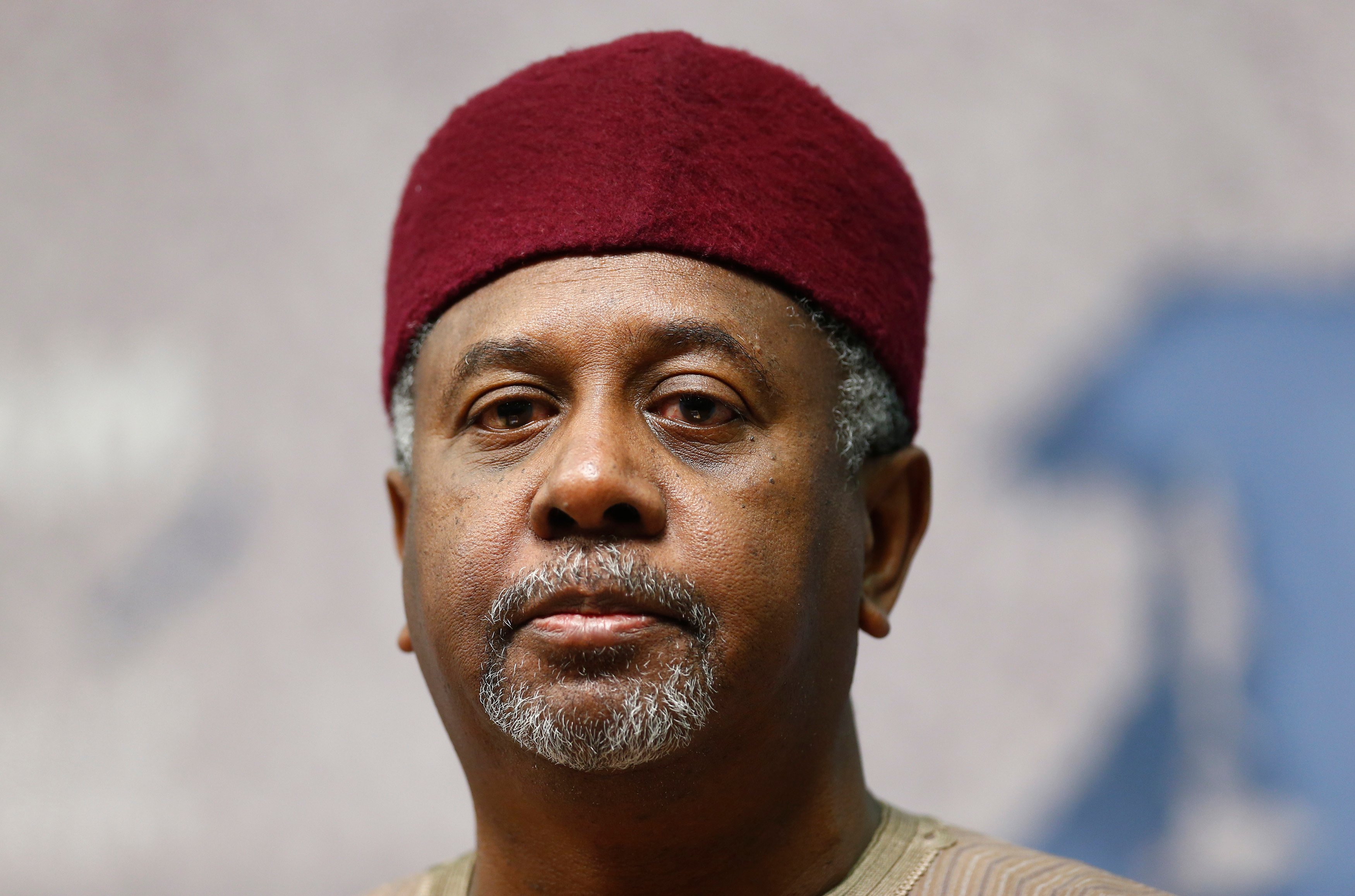Tukur Buratai, chief of army staff, says Ibrahim El-Zak-Zaky, leader of the Shi’ia sect, who was arrested after a clash with military, is no longer in the custody of the army.
Buratai said this on Thursday when he met with a delegation from the Nigerian Supreme Council of Islamic Affairs (NSCIA), at the army headquarters in Abuja.
Responding to NSCIA’s request to meet with El-Zak-Zaky, Buratai said the sect leader had been “handed over to the appropriate authorities for prosecution”.
He added that lawlessness must not be tolerated in the society, especially when a part of the country is confronted with terrorism.
Advertisement
“As a responsible and law abiding organisation, we will do all that we can to always safeguard lives and property,” he said.
“As for the whereabouts of the Shi’ite leader, he is not in our custody; he has been handed over to the appropriate authorities for prosecution because we don’t prosecute.
“What happened was avoidable and unfortunate, we followed the rules of engagement as enshrined in the constitution but what happened still happened.”
Advertisement
Buratai dismissed claims that the army was after members of the sect, saying the military was only carrying out its constitutional duties.
He asked the public to disregard pictures of Zakzaky circulating on social media, describing them as a “false reflection of what happened”.
Earlier in his remark, Daud Noibi, leader of the NSCIA, said the group was at the army headquarters on a fact-finding mission.
Noibi expressed the concerns of NSCIA on the Zaria incident and reaffirmed the commitment of the council to return peace to the area.
Advertisement
He appealed to the army authorities to allow the delegation to meet with the sect leader.
Noibi said the NSCIA would make efforts to douse the tension that had engulfed parts of the north following Saturday’s incident in Zaria.
Ishaq Oloyede, secretary-general of the council, accompanied Noibi on the visit.
The army had accused the sect of attempting to assassinate Buratai, a claim that the religious organisation denied.
Advertisement
1 comments







Questions: Have there been more civilian deaths in Nigeria attributable to the Army in this democratic dispensation than any (other) peace time in our history? Does the Army need to learn more how to handle civilians in peace time?